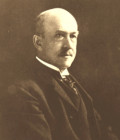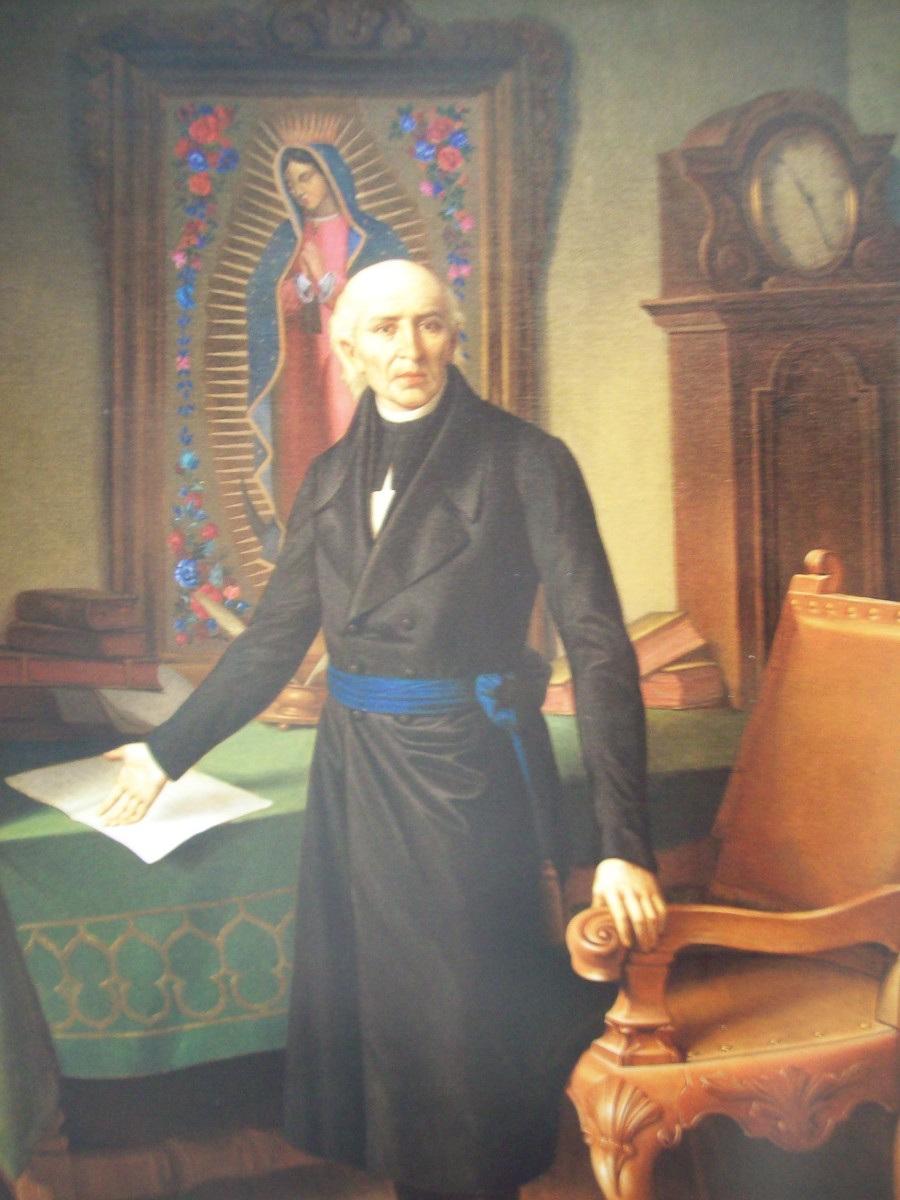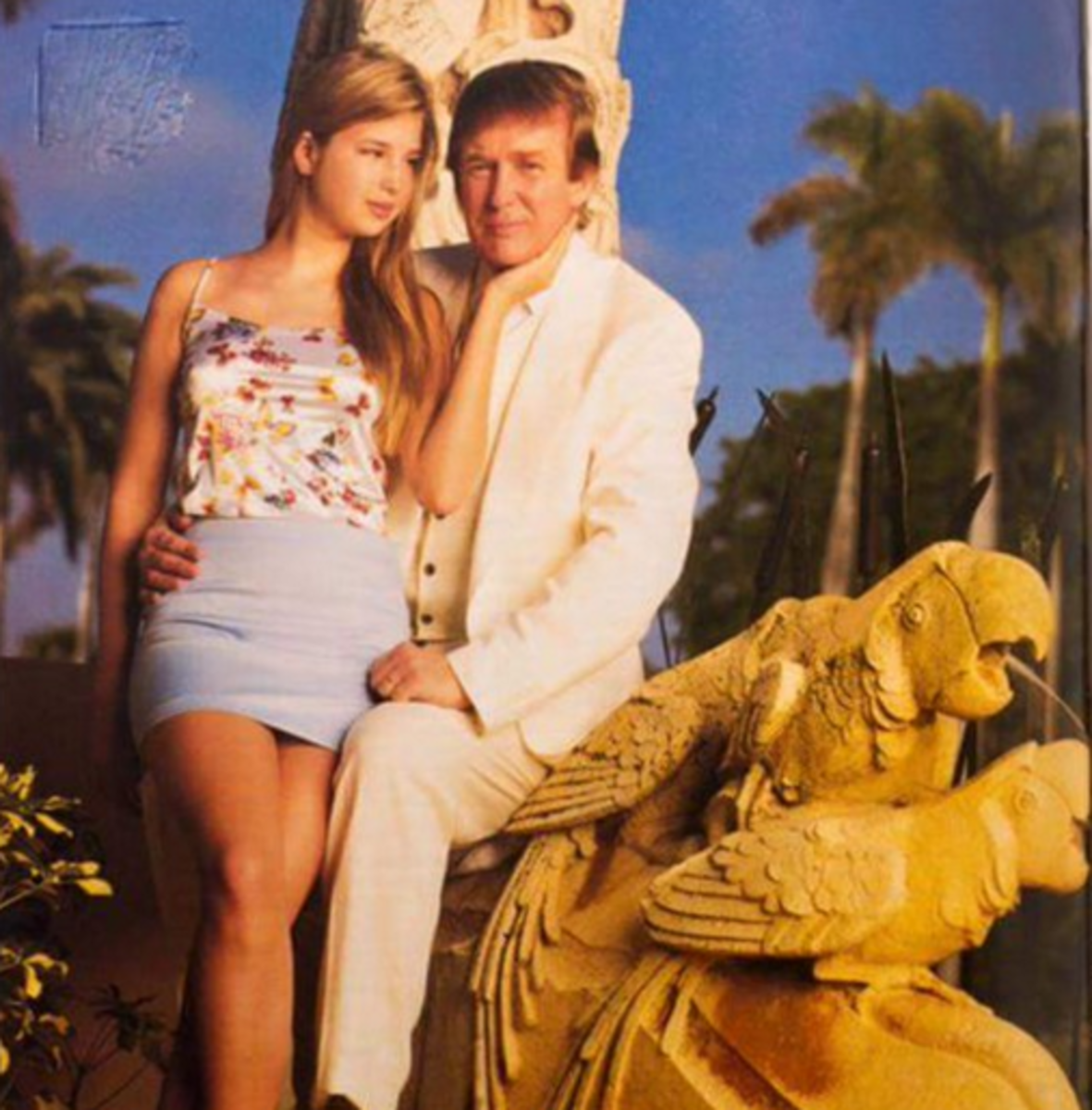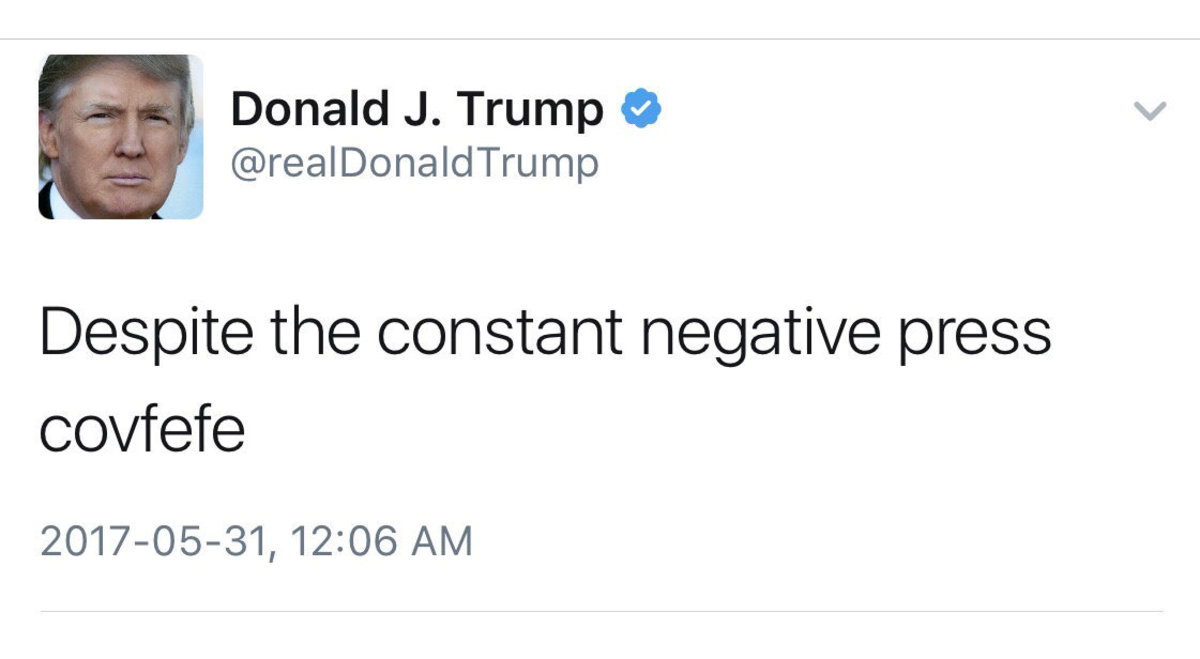How Both Liberals and Conservatives Contradict Themselves
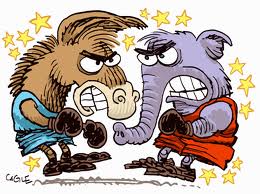
Check out my new book
I just published my first book. It is called "Accessible American History," and it developed from over a decade of experience teaching history at the community college level. The link below provides more details, including links to where it can be purchased.
Both sides might claim this song as their own
How Both Sides Support and Distrust "Big Government"
I have come to realize over the years that both liberals and conservatives – as we define these terms in the United States - share the same basic ideological flaw. And while I doubt that I am the first person to have this simple insight, it cannot hurt in these highly partisan times to reiterate a moderate perspective. Who knows? Maybe if people on the ideological extremes see that both factions share the same basic contradiction, they will realize that they are not so different after all. Then - please allow me to continue indulging in this fantasy – there may be hope of moving beyond rhetoric and partisan bickering and get on with the compromises that are necessary for our nation’s future prosperity.
Three of the more contentious and important political issues of our time are health care reform, financial regulation, and climate change. On all of these issues, conservatives are skeptical of government action. They fear that excessive government regulation of banks and energy companies will put a stranglehold on these industries and lead to future economic problems. They also fear that a government takeover of health care will lead to higher future costs and poor service. As much as possible, they want to put things in the hands of private industry and give them the freedom to achieve financial success. Private businesspeople motivated by the desire for profit, when left to themselves, will make better choices than a government where officials get paid regardless of performance. And if private businesses make bad decisions, the competition will sweep them aside, and the overall economy will be better off for it.
So conservatives believe in limited government, right? Actually, things are not quite that simple. For at the same time that they argue for limited economic regulations, they often want a strong and aggressive military to protect us from foreign threats, large numbers of cops on the streets, and tough laws that punish criminals with the harsh sentences that they deserve. Foreign nations and individual American citizens are potentially dangerous, so we need a strong government to keep them in line. So when it comes to private industry, individuals are supposedly good and wise, but when it comes to citizens on the street, people can’t be trusted. Apparently, those who might rob liquor stores are a bigger threat than those who could potentially embezzle from businesses, issue stupid loans, or screw over stockholders. How is it that businessmen in private industry are inclined to do what is right while government officials and citizens on the street are inclined toward foolishness and immorality? When people are employed in the public sector, do they automatically lose their wisdom and sense of ethics? When citizens leave the office building and go out into the general public, do they suddenly become more potentially dangerous?
Liberals, of course, share the same basic contradiction as conservatives. It just happens to be in reverse. They tend to have much more favorable attitudes toward government run health care and business regulations. Instead of distrusting government officials, they tend to be wary of big business. Without a government watchdog, businessmen will often screw over the general public in their quest for profit. However, when it comes to the behavior of private citizens, liberals are wary of too much government. They fear that if law enforcement officials have too much power they might take away people’s individual rights. They often want prisons to seek ways to reform criminals rather than just punishing them. They are also wary of aggressive military action. Diplomacy, they feel, should always be the primary path, and we should start with the assumption that other nations are potential allies and not threats to our security. Excessive government action in the name of security can potentially take away the basic rights of American citizens and generally do more harm than good. Apparently, people are likely to lose their wisdom and ethics when they enter private industry, but if they work in government or go out into the general public, suddenly they improve.
It is often argued that political beliefs reflect one’s view of human nature. Those who have a negative view of human beings want a strong government to keep people in line. Those who have a more positive view of human nature emphasize personal freedom and believe that government should be as limited as possible. But when it comes to how Americans define the two extremes on the ideological spectrum, things are not so simple. Conservatives have a generally positive view of human nature when it comes to private industry but a more negative view when it comes to government officials or individuals out in the general public. Liberals, on the other hand, distrust human nature when it comes to private businesses but see government officials and those in the general public as more trustworthy. Conservatives want freedom when it comes to economic issues, but liberals want it more when it comes to the social issues.
I have often wondered why many assume that a person must accept one ideology or the other in its entirety. For me and many other moderates, each issue should be looked at individually, After all, why should a person who believes that abortion is wrong also be an individual who believes in business deregulation? Why should a person who wants health care for all also be someone who is open to gay marriage? From what I can see, many of these issues have no direct relation to one another.
It is my firm conviction that the wisest political path is typically found somewhere in the middle ground between the ideological extremes. Many American moderates who do not automatically ascribe to all of the beliefs of one side or the other have already figured this out. People leaning more to the extremes should be able to recognize something that both sides share: an ambivalent view of human nature. In other words, both ideologies recognize that human beings are a potential mixture of good and bad qualities. Because of this, laws that are effectively enforced by a strong government are necessary to maintain order and protect citizens. At the same time, excessive regulations can infringe on individual rights and eliminate the incentives that are the key to economic progress. The trick is figuring out how to find the right balance. A recognition that balance is the key can be the first step toward constructive action, and given the fact that our country faces some dire circumstances, my hope is that politicians and individual citizens can stop fixating on winning partisan battles and focus on finding the right balance for the country as a whole.



